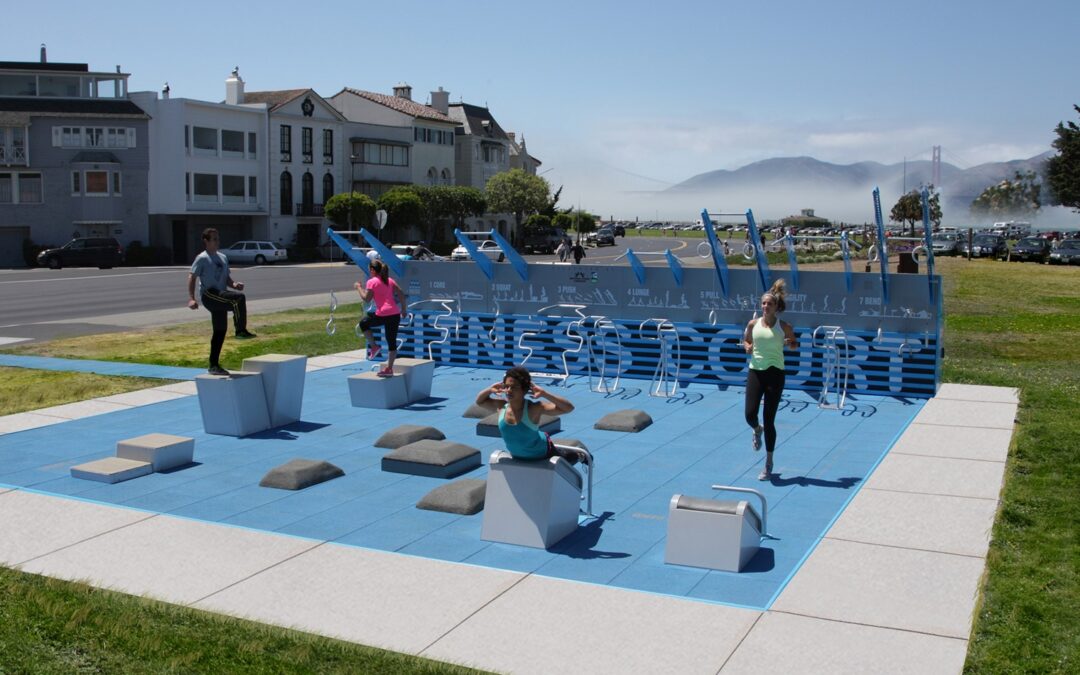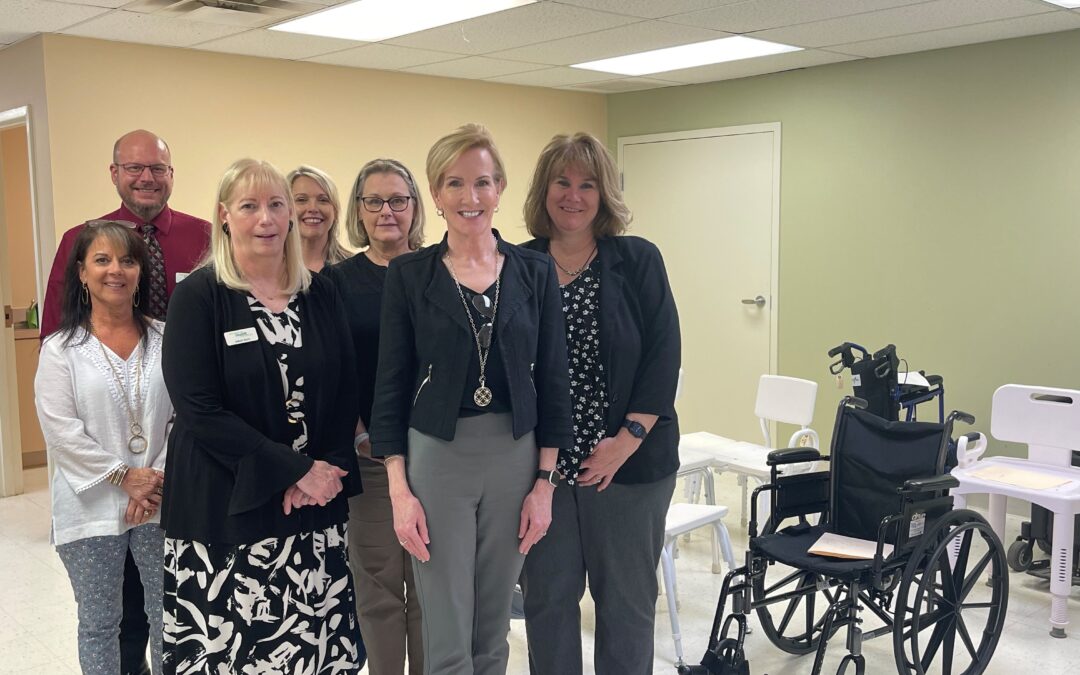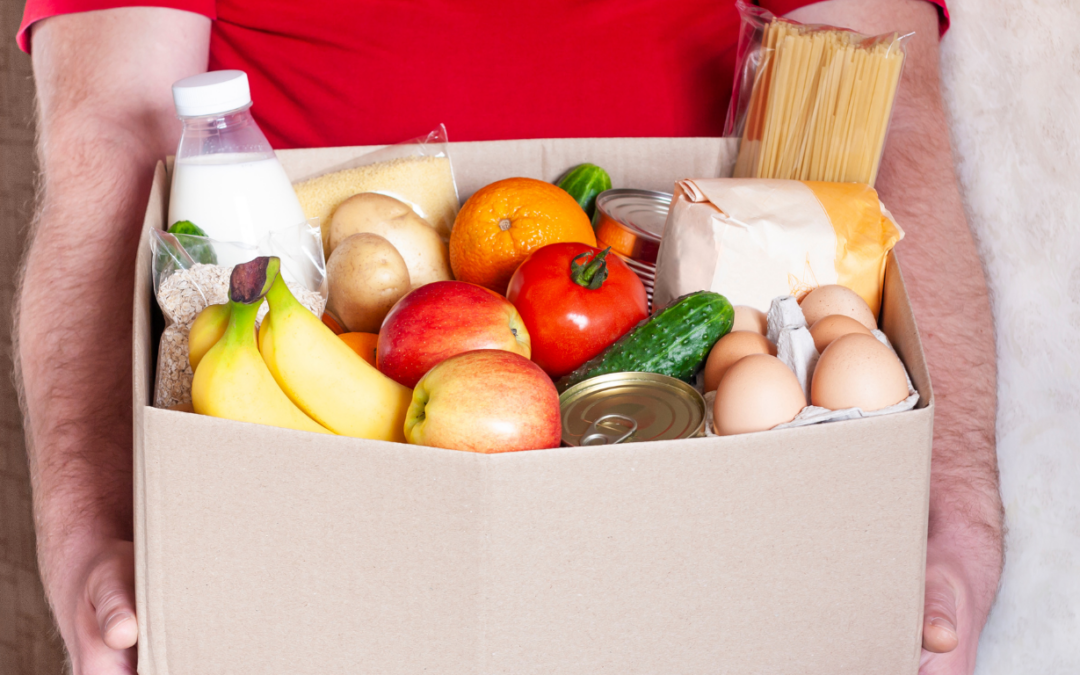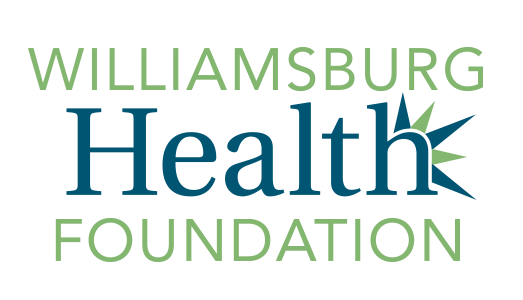


Grantee Spotlight: Enhancing Mobility with F.R.E.E.
Grantee Spotlight: Enhancing Mobility with F.R.E.E.
By
WHF Staff
As the weather warms and flowers bloom, Williamsburg area residents look forward to putting their coats away and heading outside to enjoy the beauty spring brings. However, for individuals experiencing mobility challenges due to health conditions or recent surgeries, navigating both indoors and outdoors can be challenging. The Foundation for Rehabilitation Equipment & Endowment (F.R.E.E.), a non-profit organization in Virginia, addresses mobility-related barriers by increasing access to mobility aids for those who qualify.
Between July 2022 and June 2023, the Williamsburg office of F.R.E.E. located in Sentara Circle provided 670 pieces of mobility equipment to 410 individuals in Greater Williamsburg. F.R.E.E. aims to ensure low-income uninsured or underinsured adults in Virginia have access to equipment that facilitates independence and maximizes quality of life by collecting, sanitizing, and distributing donated aids, such as wheelchairs, walkers, canes, and specialized equipment.
As spring brings more outdoor opportunities to the Greater Williamsburg area, we are grateful for the efforts of our partners at F.R.E.E. Their work enables our community to be a more accessible place for residents with mobility restrictions and aligns with the Williamsburg Health Foundation’s vision of individuals making healthy choices in a community with health opportunities for all. See https://www.free-foundation.org/ to learn more about F.R.E.E.
The Williamsburg Health Foundation (WHF) is a non-profit private legacy health foundation with the mission to collaborate, innovate, and invest to impact systems that improve the health and well-being of individuals living in Greater Williamsburg. The Foundation was established in 1996 when the Williamsburg Community Hospital and Sentara formed a merger that included a provision for a new, locally organized, and managed Foundation to benefit community health. Since inception, WHF has awarded over $106 M in grants to improve community health and well-being.

A Full Plate: Reflecting on the Community’s Role in Nourishing Our Neighbors
By: Deb Fisher
Growing up in a family that watched every penny, my mother’s arrival with bags full of groceries from one of our local churches was always a reason for celebration for my five siblings and me. I remember our excitement while helping our mother put the food away and our anticipation of trying new, mysterious treats that our parents would not usually buy. These bags, filled with new foods, brought a sense of excitement to our dinner table.
It was not until I matured that I began to understand that the food my mom brought home was from a community food pantry and that we were a family who needed assistance. Despite our limited means, my family of eight never experienced the pangs of hunger thanks to the generosity of our neighbors and programs designed to help keep families fed when faced with challenging times.
Now, as a Communications Specialist for the Williamsburg Health Foundation, I am honored to be part of an organization supporting local organizations that work to address the same food insecurity issues that touched my family. I have had eye-opening conversations with those at the helm of food pantries in the Greater Williamsburg area about our community’s growing needs. Declines in personal and grocery store contributions forced some pantries to dip into their emergency funds so families in Greater Williamsburg have access to nutritious food.
The Williamsburg Health Foundation continues to respond to this critical need. Reflecting our commitment to the health and well-being of this community, the Foundation recently awarded a total of $100,000 — $20,000 each to five local sites — FISH, Grove Christian Outreach Center, The Salvation Army, Virginia Peninsula Foodbank, and Williamsburg House of Mercy.
This is deeply personal. Thinking of our community members receiving help – I reflect on my family who sometimes chose between a meal and a medical bill, rent, or a utility payment. Staff and volunteers of these agencies, and this funding, help ensure families have a lifeline and will not have to make difficult choices alone.
